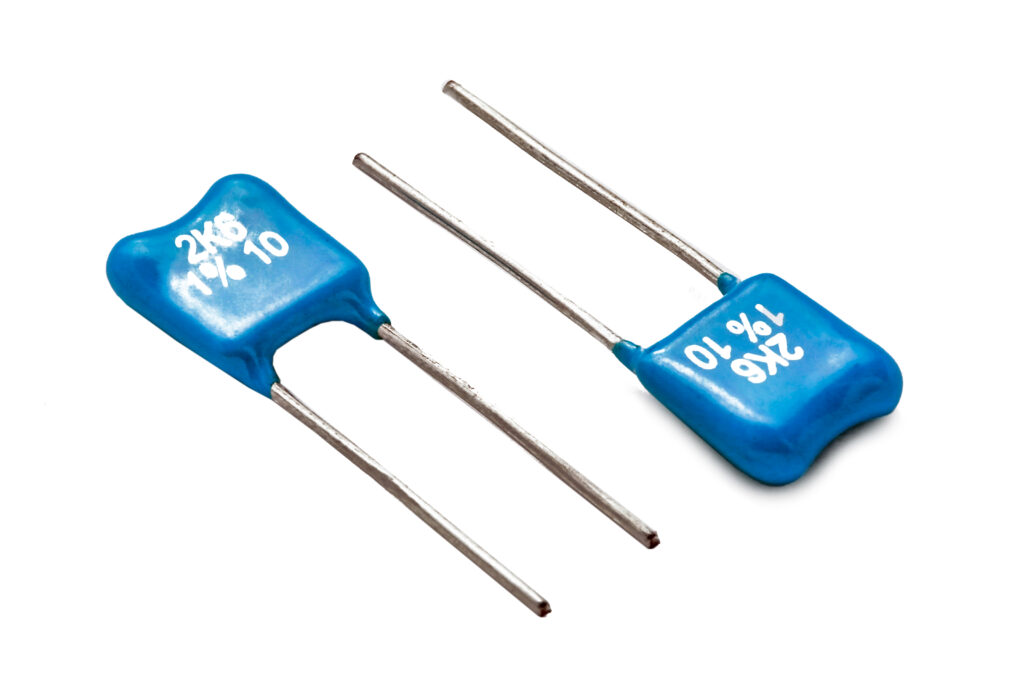RTD Simulator Resistors
RTD (Resistance Temperature Detector) simulator resistors, also known as RTD calibration resistors or RTD simulators, are specialized precision resistors used to simulate the resistance-temperature characteristics of RTDs. RTDs are temperature sensors that exhibit a known and repeatable change in electrical resistance with temperature variations. These sensors are commonly used for accurate temperature measurement in various industrial and scientific applications.
RTD simulators are essential tools in the calibration, testing, and validation of RTD-based temperature measurement systems. They allow technicians and engineers to verify the accuracy and performance of RTD signal conditioning circuits and temperature controllers without the need to expose the actual RTD element to varying temperatures.
Here’s how precision resistors are used in RTD simulators:

Features :
- Resistance Value
- Temperature Coefficient
- Tolerance and Accuracy
- Connection and Wiring
- Temperature Range
- Long-Term Stability
- Low Temperature Co-efficient: ± 5, ± 10, ± 15, ± 25 ppm/°C (tested between 25 , 75 & 125°C)
- Wide Resistance Range:10Ω to 1MΩ with any odd value possible.
- Radial lead design: Lead pitch of 0.1”, 0.2”, 0.4” Lead frame design available on request.
- Wattage: 1/6W, 1/4W, 1/2W @ 70°C.
When using RTD simulators, it’s important to ensure that the simulator’s resistance accurately matches the temperature-resistance relationship of the RTD being simulated. Calibration should be performed periodically to verify the simulator’s accuracy and to account for any changes that may occur over time.
Overall, precision resistors play a crucial role in the design and performance of RTD simulators, enabling accurate and reliable calibration and testing of temperature measurement systems in various industrial and laboratory settings.

